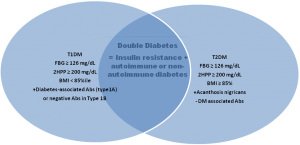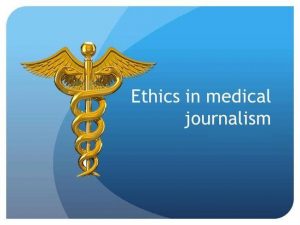The Good, the Bad, and the Ugly: Of Facebook and Forums
THE GOOD
The internet contains a wealth of medical information. You can google just about anything and find what you are looking for. It is also a place to meet others with the same medical condition and get advice. You don’t feel so lost and alone when you join support groups and Facebook pages.
THE BAD
On the flip side, the internet can be a huge source of misinformation and a place to encounter the bullies were they reside.
For example, no blogger or organization can post something related to research and new treatments for diabetes without a flood of the following type of comments:
“That’s not good enough”
“WE WANT A CURE!!!!!”
“Who cares, we won’t be able to afford it anyways”
“It’s just a big conspiracy to make money off their drugs and devices”
“This stuff can kill you!”
The ironic thing is, when a cure comes to pass – it might be a drug, or it might be a vaccine. Will the same people then be ranting about the cost of the drug, that it’s a conspiracy, or that vaccines will kill you. From the nature of a lot of comments, you can tell that people commented, often negatively so, without even have read the article/news report. The comment had no bearing to what the information was even about. Then there is the ugly.
THE UGLY
 One of the most agregious example of “the ugly” I have seen in the internet on support group forums was in the comment sections of the facebook page of a popular blog on Hypothyroidism. A women had come on to say that she was “run off” by bullies just because she had commented that she liked her physician and was happy with her therapy by the conventional medicine way. She was told to go away, that this was a place where people go to to complain about their doctors and complain about their mistreatments. Negativity was the rule here, no room for someone who had a good experience to report. I am sure most people with something positive to say were already run off and those still there were so in secret, being afraid to make a comment that was deemed to not be negative enough. This woman had left her positive experience, not to criticize or devaluate those who were unhappy, but to let others especially newly diagnosed people to know that most likely things were going to be ok.
One of the most agregious example of “the ugly” I have seen in the internet on support group forums was in the comment sections of the facebook page of a popular blog on Hypothyroidism. A women had come on to say that she was “run off” by bullies just because she had commented that she liked her physician and was happy with her therapy by the conventional medicine way. She was told to go away, that this was a place where people go to to complain about their doctors and complain about their mistreatments. Negativity was the rule here, no room for someone who had a good experience to report. I am sure most people with something positive to say were already run off and those still there were so in secret, being afraid to make a comment that was deemed to not be negative enough. This woman had left her positive experience, not to criticize or devaluate those who were unhappy, but to let others especially newly diagnosed people to know that most likely things were going to be ok.
What Can You Do?
The problem with this is that the vocal minority rules. People searching out information are unduly frightened as all there is to read are hyperbolic horror stories. By human nature, there will be less upbeat comments from the happy campers. Happy campers are out there in the world being happy and not taking the time to comment on a blog, forum, or Facebook post. However, their presence is very much needed. Time for the silent majority to not be so silent and help those who are in need of information be able to obtain it in a more balanced and useful manner.



